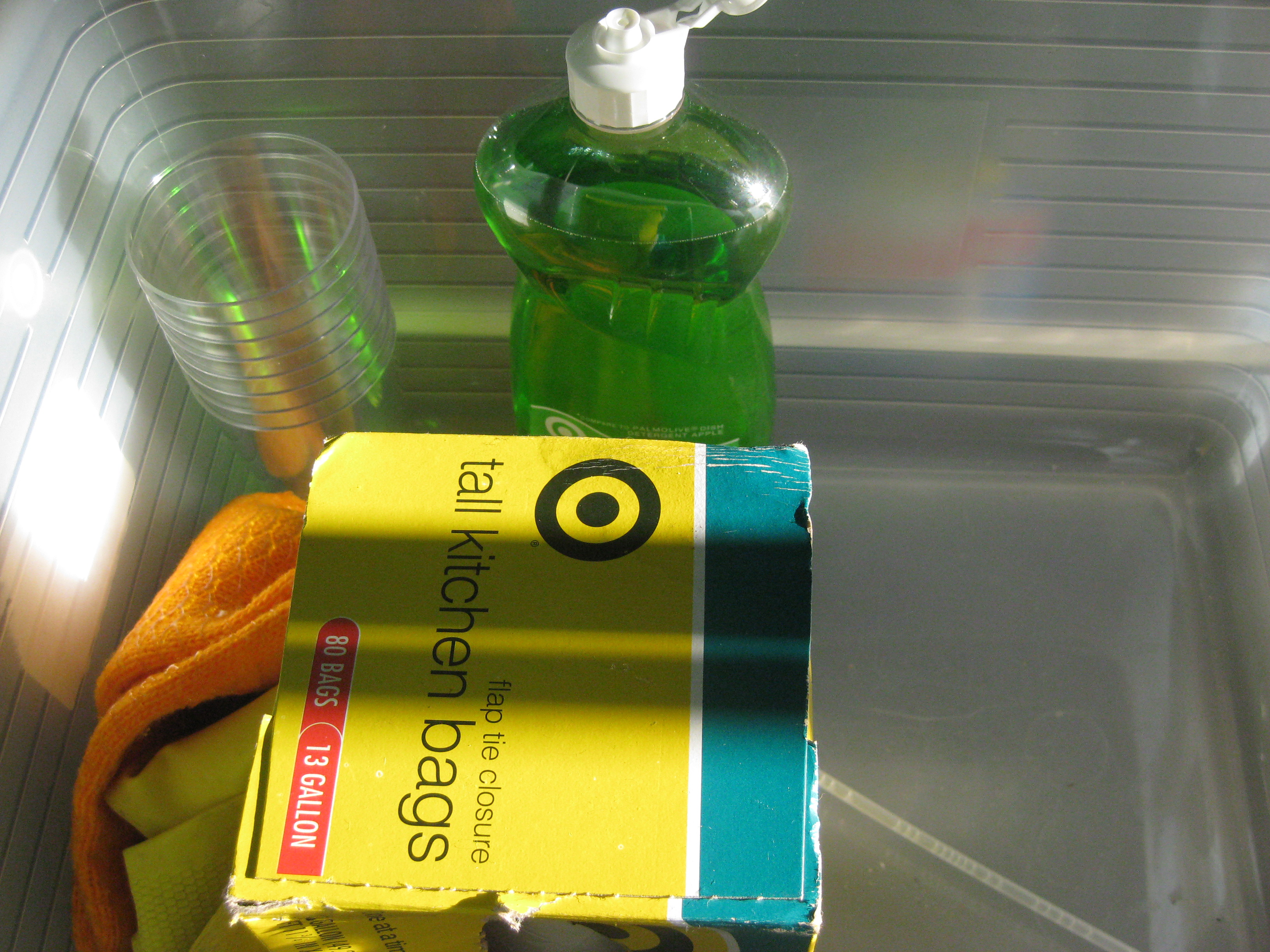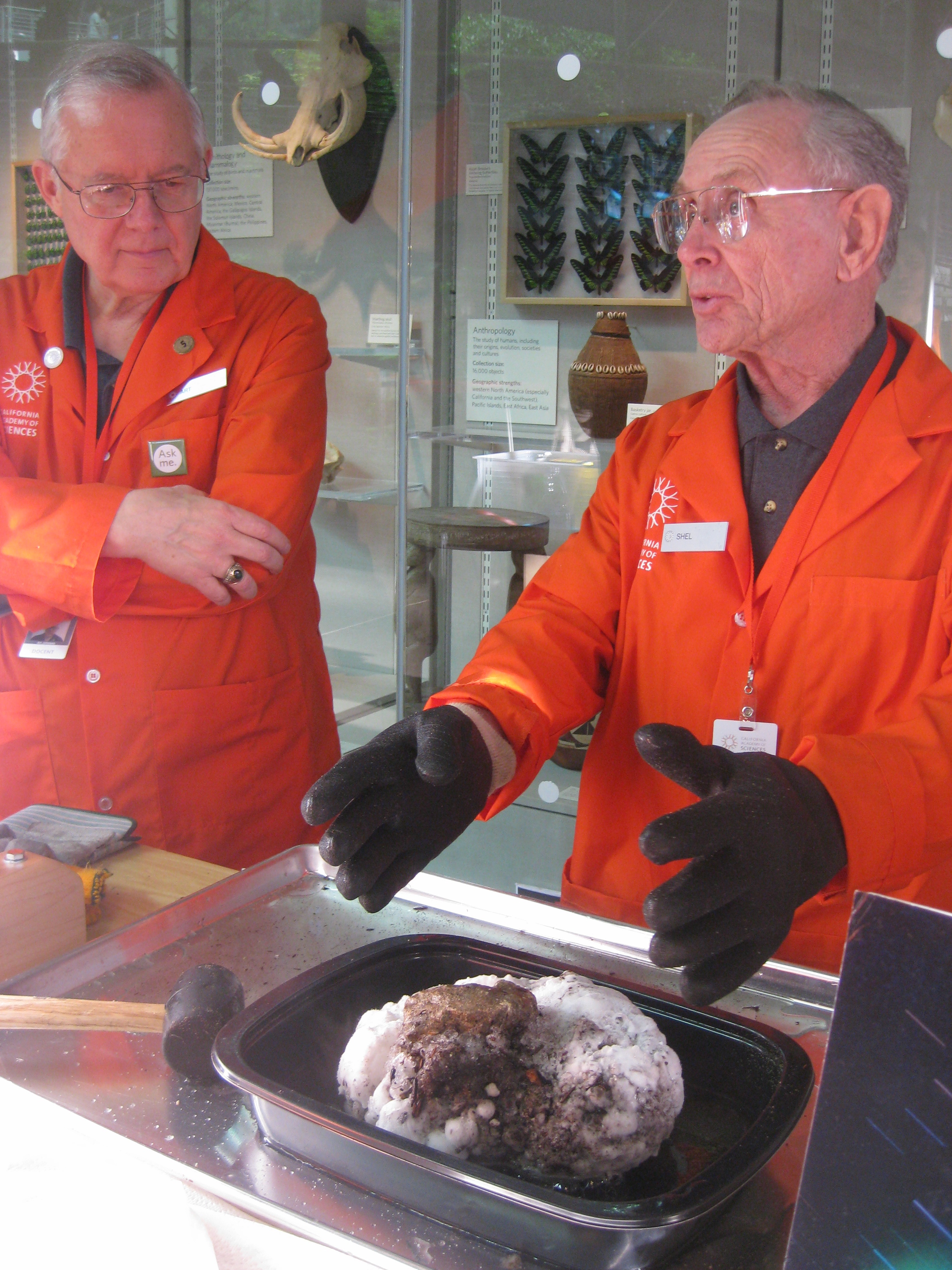Today I stopped by the California Academy of Sciences to return two library books I’d barely read. The Eye of the Lynx, and In the Blink of an Eye. I checked them out because I wanted–and still do want–to research the evolution of the eye, as I’ve been thinking of it in relation to how it feels to have Obama as president.
The feeling of an axial shift preceded by a long era of increment. A long era requiring faith.
The difference between a light sensitive patch on a flatworm and the eye of an eagle.
I did manage to come away from my faint encounter with In the Blink of an Eye with this amazing description of a volvox:
“a hollow sphere, about a millimetre in diameter, where the wall is made up of cells, each with a rhythmically beating hair appearing like a tail. The movement of the hairs is coordinated to move the entire sphere in one direction.”
I find that somehow very encouraging.
On my way upstairs I passed a cart at which three docents were in the process of making three comets. They were on the second. It was bubbling in what I remember to be a brownie pan.
The best part though was this bin, labeled “comet presentation materials.” I like thinking that to make a comet, all you need is some Palmolive dishwashing liquid, tall kitchen bags, latex gloves, a rag, and a few cups.

Now of course, as anyone knows, you need a few more items to produce a comet.
You need Windex.
If you study the back wall of the bin carefully, you can read the Windex label through the milky plastic.
Also you need some peat moss, sand, spring water, dry ice, and something that was marked “organic compound.” I tend to avoid products where I recognize all the ingredients except for one, an ingredient which has a very broad range of interpretation, such as “spices.”
Entertaining questions, Shel, pictured here, explained that most comets end up being pulled into the gravity field of the sun. That the sun exerts a greater pull than the earth seemed to put the man next to me at ease. Good, he said. He was wearing a bright orange sweatshirt, and in this context, it lent him a kind of authority. I kept having to remind myself he was not also a docent. He asked, What about asteroids?
Shel started to break apart the second comet with a rubber mallet so he could use the rocks for comet #3. “An asteroid is a failed planet,” he said.
I wonder if he holds himself to this kind of standard. Is he on his way to something, which, to become, he may or may not aggregate all he needs?
Shel! Whatever you may or may not become, we love you as you are today, in your orange coat, the dear force field of your hands rolling out local comets.
Also, if what you say is so, what is a planet?
